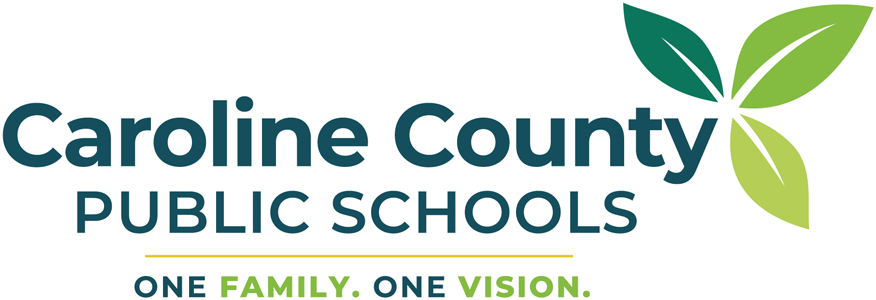Caroline County Public Schools is the recipient of a Magna Silver Award from the National School Boards Association (NSBA). Caroline is one of only 15 winners from across the nation receiving this honor in 2025.
The Magna Awards recognize school districts and boards for their innovative and creative problem-solving in education. The awards highlight districts that have tackled challenges with out-of-the-box strategies and demonstrated a commitment to improving education. School district programs receiving the honor were highlighted in the April issue of ASBJ.
The topic of Caroline’s submission (complete details here) was the Food Connection Project which explains the history and components of the many resources provided to children and the community through our Food Services Department, headed by Supervisor Beth Brewster.
At the NSBA Annual Conference, school board president Michele Wayman and members Chrissy Bartz and Troy Plutschak accepted the award on behalf of Caroline County Public Schools.
At the May Board of Education meeting, Ms. Brewster and members of her team were recognized for their tireless and ongoing work with all facets of the Food Connection Project. “While this is a school system award,” Dr. Simmons stated, “it took the leadership and vision of Beth and her team to put this award-winning project together.”
An excerpt from the submission:
In 2020, during the early days of the pandemic, Caroline County Public Schools staff realized how many students and families were experiencing hunger. The pandemic compelled the district to create solutions that would serve the community in post-pandemic times. Some of the components for the Food Connection Project were in place before the pandemic. Food service staff provided healthy options in the cafeterias by developing a strong farm-to-school program to buy meat and produce from local farmers. They partnered with a local volunteer organization for a backpack program that provided kids with weekend meals.
Then the pandemic caused food service staff to rethink how to make sure students were fed. The first step was to build upon existing partnerships to provide packaged breakfast, lunch, and dinner to students and other residents in need. The Food Services van became a delivery van and a second was added. Volunteers assisted with meal delivery directly into neighborhoods and homes. Employees from the transportation, custodial, and maintenance departments became part of the Food Services mission.
Staff leaned into the notion that it’s not enough to just feed kids and families; they needed the tools to obtain and cook nutritious meals. Post-pandemic, they began to approach the Summer Meals Program differently. In a disadvantaged community with small, spread-out neighborhoods and no public transportation, many families could not get to the schools for summer meals. Buses brought elementary students in for camp but there were limited options for younger or older children. Once the USDA lifted restrictions and allowed families to take the meals off-site, delivery trucks went into the neighborhoods once again. In 2024, more than 115,000 meals were provided to Caroline County residents, and over 12,000 were supplied to the neighboring county/school district. The weekend backpack program grew from 400-500 served pre-pandemic to over 900 served this school year.
The infrastructure developed during the early days of the pandemic still exists, sustained by the efforts of individual volunteers, businesses, and community groups. In 2022, they partnered with local groups to launch ShoGo Mobile, a farmer’s market on wheels, providing low-income residents with access to fresh produce and prepared meals and groceries. A long-term component came to fruition recently when Chesapeake Blue Catfish appeared on the lunch menu in all schools. This was the start of the Bay to Tray Program that provides locally sourced fresh fish and seafood in cafeterias. This summer, staff invited residents to a dinner with heart-healthy, diabetic-friendly menus. Choptank Community Health’s team of medical providers, a dietician, and interpreters provided screening and education for pre-diabetes, diabetes, hypertension, and heart disease to all participants. The district expanded the dinner from one school to two, giving students opportunities to learn how to organize and execute an event, plan a balanced and nutritional menu, and shop for local foods. They also learned about customer service and job opportunities in the hospitality field.

